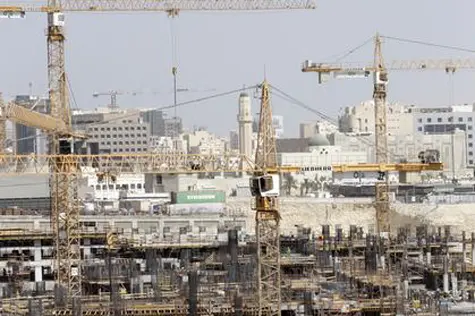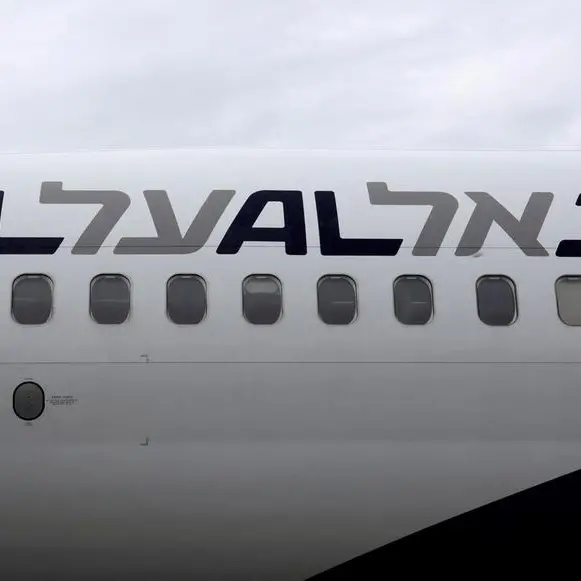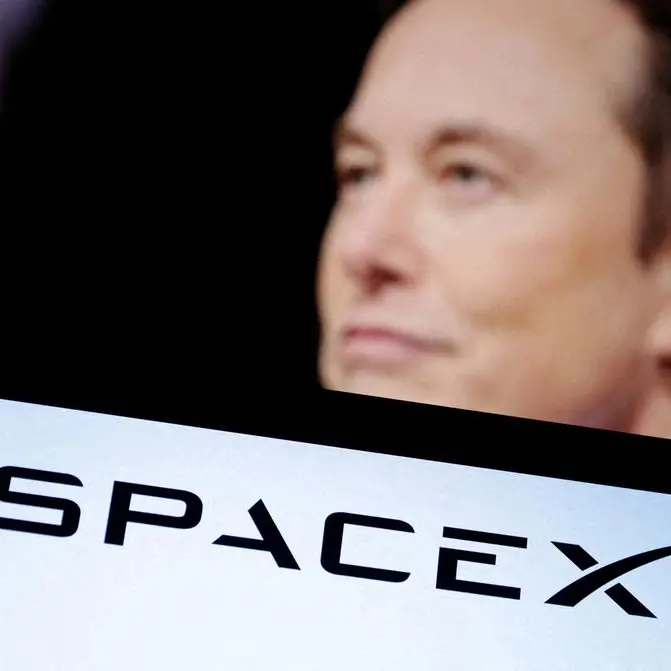PHOTO
By Santhosh V. Perumal
Qatar expects its economy to grow 3.4% in 2017 and plans investment up to QR46bn in major infrastructure projects as part of strategy to achieve sustainable development and economic diversification, according to a top government official.
“Qatar is forecast to reach an annual growth rate of 3.4% in 2017, which is the highest forecast growth in the GCC (Gulf Co-operation Council),” Finance Minister HE Ali Sherif al-Emadi told Euromoney conference, quoting the estimates of the International Monetary Fund (IMF).
Several measures, including efficiency enhancement in public spending, the financial sector growth and higher contribution of the private sector, would make Qatar achieve such a high growth, he said.
He also highlighted that the non-oil sector achieved a growth rate of 5.8% this year, demonstrating the success of the country’s diversification strategy.
The finance minister stressed that the 2016 budget reinforces Qatar’s confidence for the future, with dedicated investment in healthcare, education and transportation – along with investment in infrastructure for the 2022 FIFA World Cup – all likely to have a “positive” effect on the national economy.
“The total budget committed for the development of key strategic megaprojects stands at QR374bn, with a further QR46bn set to be invested in 2017,” he said.
Moreover, inflation is kept under control through constant co-ordination between the financial and monetary policies to provide more support for the business environment and investments in the country, al-Emadi said.
He said significant recent regulatory reforms, such as the enhancements made to the sovereign tender and procurement process to improve transparency and encourage small business participation, were key steps to enhance economic diversification.
Ali Ahmed al-Kuwari, QNB group chief executive, said a current account surplus of 4.1% of GDP (gross domestic product) in 2016 and the top investment grades received from all major ratings agencies were evidences of the country’s sustained economic performance.
Stressing that the strength of Qatar’s economy is reflected by the position of its largest bank, he said “we set ourselves the target of being number one in all key metrics – assets, profitability and revenue – across the Middle East and North Africa (Mena) banking sector by 2017, and I’m pleased and proud to say we have achieved that goal one year early in 2016.”
Renowned economist George Magnus said while the underlying economic picture was net positive, political factors is likely to increase uncertainty and instability into 2017 and beyond.
Referring to the slowdown in growth in world trade since the 2008 financial crisis, he said “this no longer looked like a cyclical slowdown but rather a structural change that was likely to be exacerbated if the new US administration pushed forward trade barriers.”
China’s high credit growth and increased credit gap – in terms of debt as a percentage of GDP – as a potential risk for the future, according to him.
Acknowledging the challenges facing developed economies in 2017, al-Emadi suggested that global financial policies need to be aligned to deliver sustained growth.
Hafez Ghanem, vice president (Mena), The World Bank, outlined some of the economic challenges likely to affect stability in the region.
“We can see that the Mena region has the world’s highest level of youth unemployment and particularly unemployment for the more educated section of young people, which is an urgent issue that needs to be addressed,” he said.
© Gulf Times 2016





















